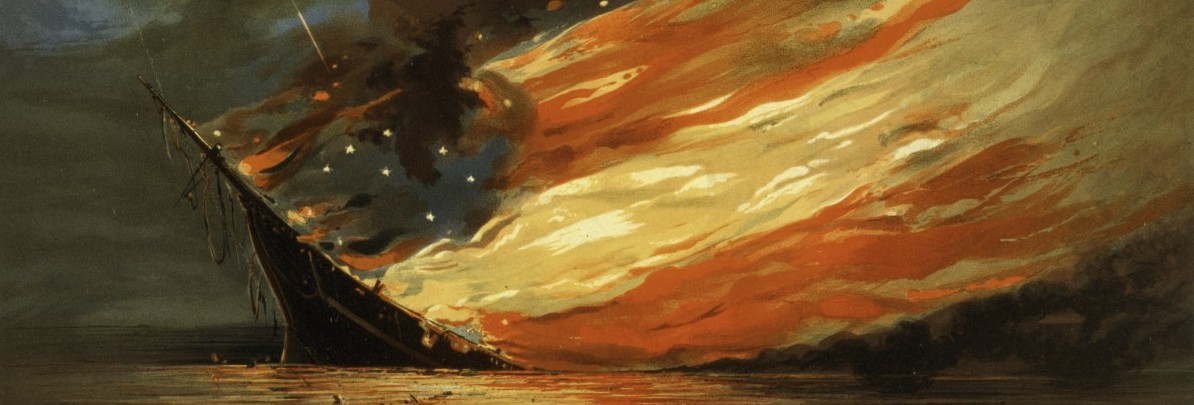 I want to call your attention to the forthcoming release of Philip Dillard’s Jefferson Davis’s Final Campaign: Confederate Nationalism and the Fight to Arm Slaves. Those of you interested in the slave enlistment debate and the broader discussion about African Americans and the Confederacy will definitely want to check it out.
I want to call your attention to the forthcoming release of Philip Dillard’s Jefferson Davis’s Final Campaign: Confederate Nationalism and the Fight to Arm Slaves. Those of you interested in the slave enlistment debate and the broader discussion about African Americans and the Confederacy will definitely want to check it out.
The book is based on Dillard’s dissertation, which I have not read, but I hear is excellent. I am, however, familiar with a chapter he contributed to a festschrift in honor of Emory Thomas in which he explores some of the themes of this new book.
Here is the jacket description:
Jefferson Davis faced the greatest crisis of his Confederate presidency in the fall of 1864. Stunning Union victories and thinning army ranks forced Davis to decide whether independence or slavery was most important. In November, Davis called on Congress to reconsider the role of the slave in the Southern war effort. His goal was not simply to find more men for Lee’s army but rather to create a new Confederate identity based in the experience of war rather than in the shadows of the Old South.
Exploring the debate as it unfolded in Virginia, Georgia, and Texas, differences between the Upper South, Deep South, and Trans-Mississippi South emerge. Davis waged his final campaign in newspapers as he challenged the Southern people to define a new role for the slave. Discussion of black men in gray uniforms brought forth long-hidden divisions between planters, yeoman, and poor whites. By looking for common Southerners who held neither high government office nor military position, this work paints a more complex picture of the importance of slavery within the Civil War South.
By the spring of 1865, the conservative revolution of 1861 had in fact become a true revolution. The vast majority of Virginians, Georgians, and even some Texans discovered that slavery could be sacrificed more easily than Southern independence. Jefferson Davis won his final campaign by convincing many Southerners that the Confederate nation was more important than the institution of slavery.
This is the first scholarly study of the subject since the publication of Bruce Levine’s Confederate Emancipation: Southern Plans to Free and Arm Slaves During the Civil War (2005). I suspect it will differ primarily in the regional distinctions that Dillard draws in this study. According to Dillard the degree of support for slave enlistment depended, in large part, on a community’s proximity to the battlefield and the threat posed by Union soldiers. That seems intuitively true to me.
Sincer Mercer University Press is a relatively small publisher I wanted to make sure that the book received as much exposure as possible. They have been kind enough to send me an advance copy, which should arrive in a week or two. Of course, I will be sure to share my thoughts as I make my way through it.

I think the author is overstating. Davis’s efforts, such as they were, did not reflect a choice between slavery and the nation. It was a limited scheme to save most of slavery by freeing and arming some African Americans. Both sides did the same thing in the Revolution, and slavery continued four score and seven years more.
I think Confederates would disagree with you. “if Negroes would make good soldiers, then our whole theory of slavery is wrong.”
Kevin, the loony crop seems larger than usual. Do you know why that may be?
Thanks for the tip about the book. I can’t believe that Levine’s is over a decade old!
This page is such a crock of bullshit. I’m going to in subscribe.
Care to elaborate or is this just an opportunity to vent frustrations with little knowledge behind it?